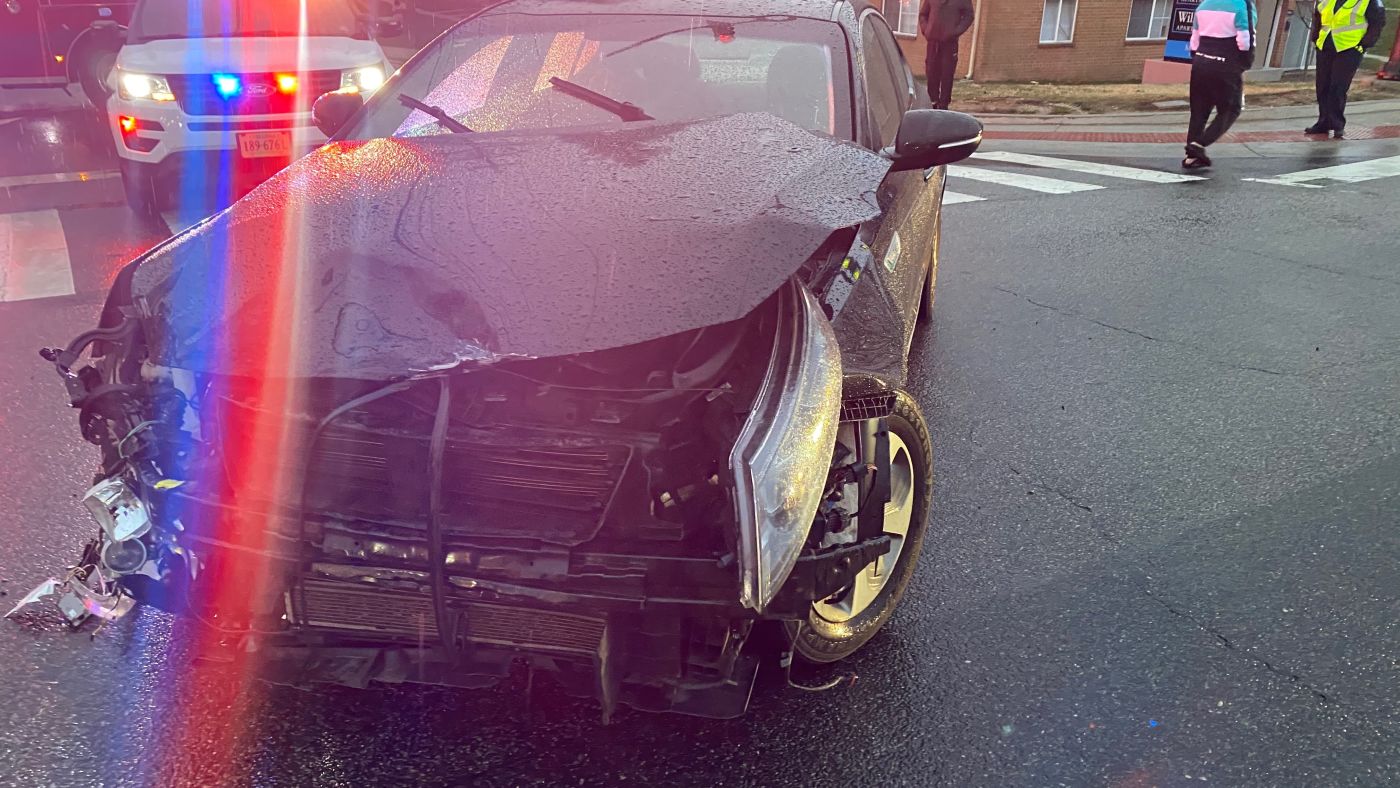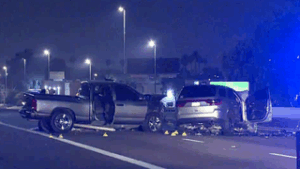
Everyone, from AAA on down, gives motorists the advice to call 911 after a car accident. At Blaszkow Legal, we recommend this in every single case, too! However, some motorists get very frustrated after the crash, when the police respond, but the police do not give the at fault driver a ticket. Some of these drivers automatically think that if the at-fault driver did not get a citation, then he or she does not have a case. This not true.
Car Accidents and Traffic Tickets
 You have to understand a little bit about how police officers work, and how they are required to do the job that is given to them. As an initial matter, police officers have discretion. They do not write a ticket every time, after every accident. They also do not have to write a ticket. The officers utilize many factors and variables in determining whether or not to issue a citation.
You have to understand a little bit about how police officers work, and how they are required to do the job that is given to them. As an initial matter, police officers have discretion. They do not write a ticket every time, after every accident. They also do not have to write a ticket. The officers utilize many factors and variables in determining whether or not to issue a citation.
A police officer has to determine fault – that requires the officer to determine 1) how the accident happened, and 2) who caused it. This is not always a clear distinction for a responding police officer. After all, they themselves did not witness the crash! Put yourself in a police officer’s shoes: you respond to a scene, and you speak to two people, each one pointing the finger at the other. How do you determine who is responsible, right there on the side of the road?
Generally, if the officer cannot immediately determine the fault of the involved drivers, then the officer will err on the side of caution, and will not issue a citation at all. In some cases, however, the facts are cut and dry, such as when a person stopped at a red light is rear-ended. If you have a dash-cam in your vehicle, you make the officer’s job much easier, and you increase the likelihood that the at-fault driver will be issued a citation, because the proof is now staring the officer in the face.
The determination of liability by an experienced car accident lawyer is not always going to be the same as a responding police officer. The police officers job is to get traffic moving, and to control the scene, to make sure that people get medical attention, and that information is exchanged. An experienced lawyer is going to review camera footage, and search for witnesses, whereas the average police officer is not going to go that far in a fender bender or even a moderately-involved car accident. However, if the accident is considerably serious, more experienced crash investigators will begin to run down camera footage, and identify any witnesses.
Just because the officer did not issue a citation, does not mean that you as the injured party do not have a claim. You have to remember that a police officers determinations, including the report that they generate, are not admissible in court. Police officers, with limited exceptions, are not experts (as defined by law).
How to Protect Yourself After a Car Accident
After having been involved in a car accident, always remember to take the following important steps to preserve your claim, and to lay the foundation of fighting for your rights with an experienced car accident lawyer.
- Take pictures and videos of everything that you can. This can include both cars, debris, traffic lights, stop signs, roadway markings, drag marks, break and tire marks, and more.
- Get the contact information for any witnesses, including name, address, telephone number, and email address
- Never ever admit fault or liability
- Get a picture of the other party’s driver’s license, not just the insurance card
- Do not speak to the other person’s car insurance company at all!
- Call a car accident lawyer right away to discuss opening a claim, and protecting your rights
Always remember that this includes speaking to your own car insurance company! If it turns out that the other driver does not have insurance, or their coverage is not in effect for whatever reason, your claim may still be pursued, through your own uninsured motorist coverage. This turns your own carrier into an adversarial party. They are not looking out for you. Always talk to a car accident lawyer right away to protect you.
Car Accident Citations and Admissibility
If the officer does give the other party a ticket, this can be very helpful, as this citation is admissible in civil court if the at-fault party pays the citation, or otherwise pleads no contest. Once someone has paid a citation, it is an admission. Admissions are admissible in Court; car insurance companies cannot try to argue they are not liable once their insured has just admitted that he or she was!
Get Help from an Experienced Car Accident Attorney Today!
After you have been involved in a car accident, you should always speak to an attorney. You have to remember that insurance companies are not on your side. Insurance companies are in the business of paying out as little money as possible, especially if their insured is the one at fault. Insurance companies have no obligation to tell you what you can claim, and if you settle for a small amount of money, then you may have waived the rest of your claim. Always contact the experienced car accident lawyers at Blaszkow Legal right away. Even if your case is determined not to justify attorney involvement, we will still give you the guidance that you need to protect your interests, and get the full compensation that you deserve.
Call Blaszkow Legal today, 7 days a week, 24 hours a day for a free consultation!
Alexandria/Northern Virginia Office:
5270 Shawnee Road #102, Alexandria, Va. 22312
703-879-5910
Richmond Office:
7824 Shrader Road, Richmond, Va. 23294
804-273-8929
Hablamos Espanol!
Virginia Admissibility of Traffic Tickets in Civil Court: https://law.lis.virginia.gov/vacode/title8.01/chapter14/section8.01-418/





